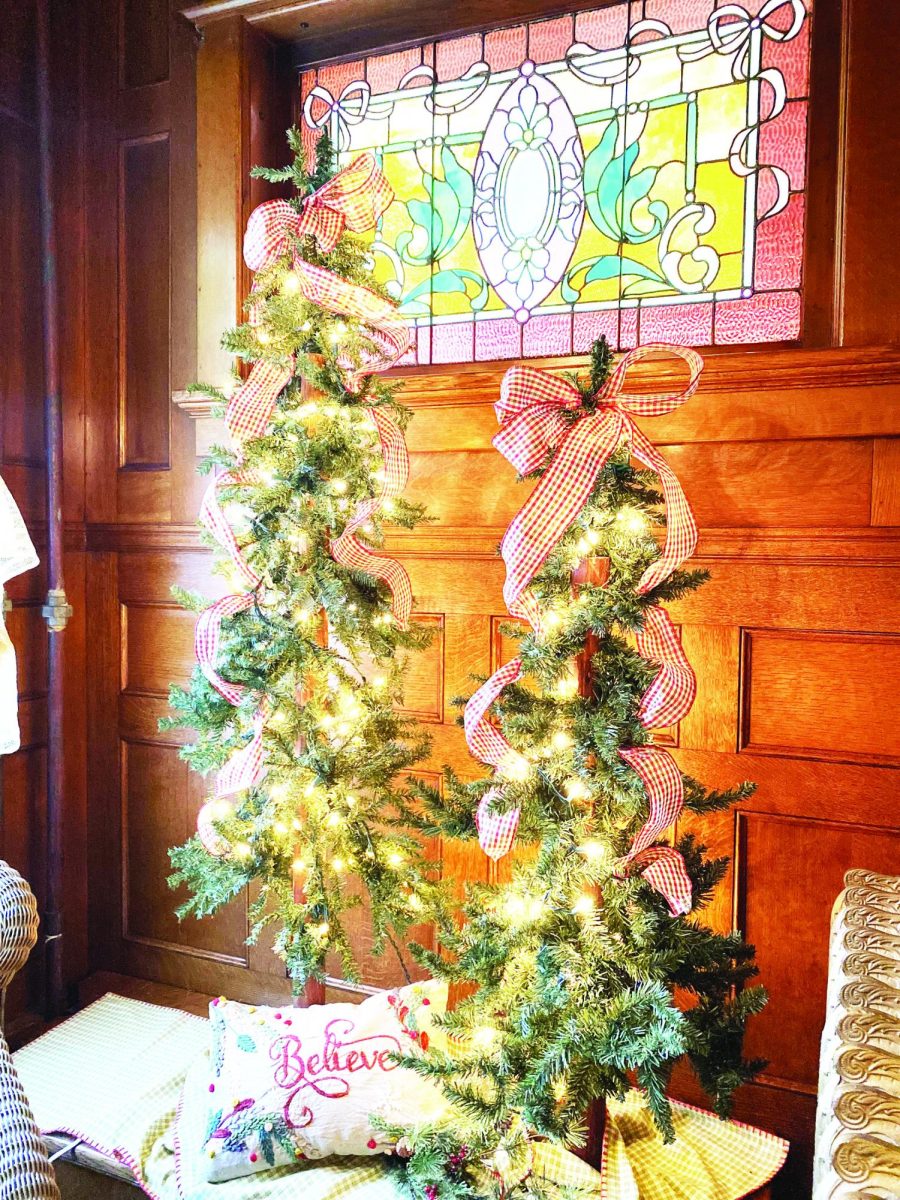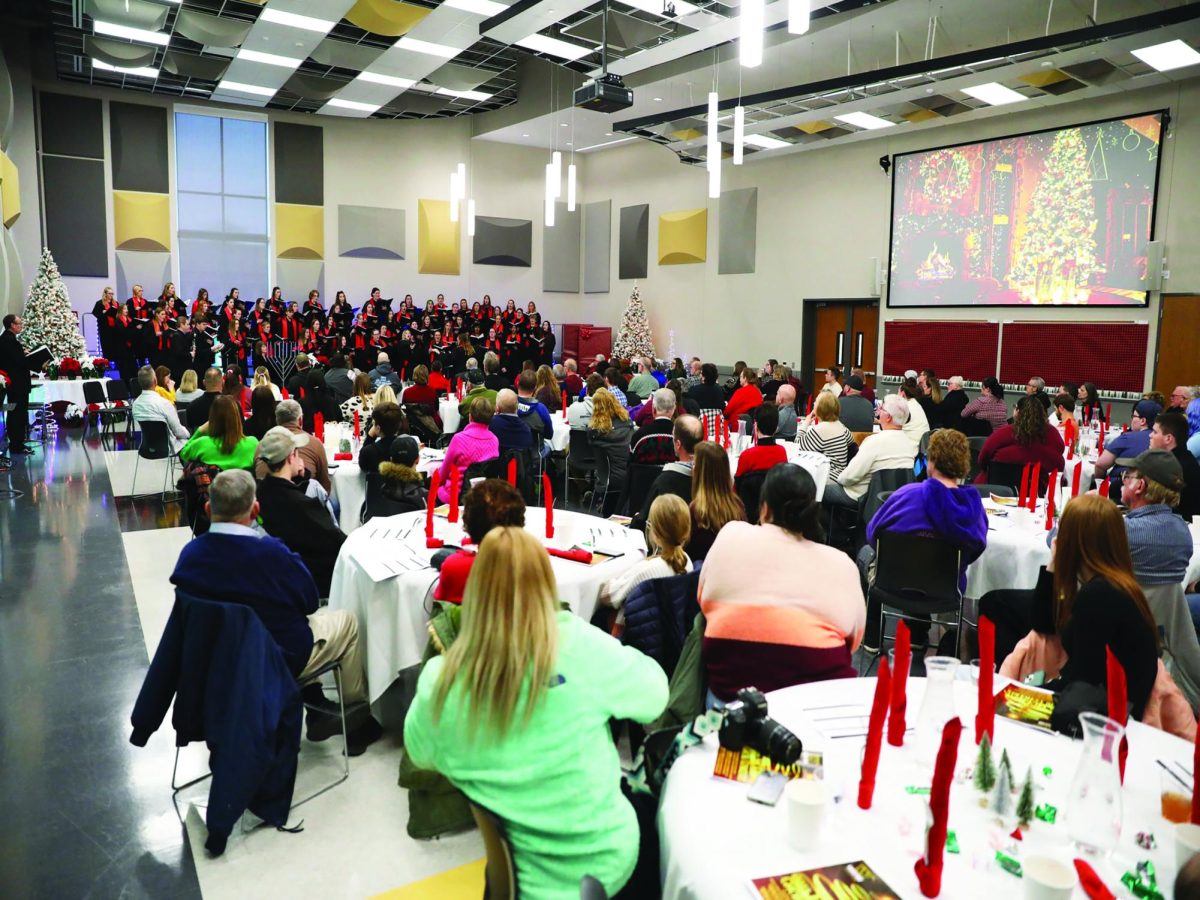A culture of caring
January 31, 2018
*This is a special series written by various Neihardt Scholars over the next few weeks.
I have seen three of my grandparents move into a nursing home my mother’s parents after my grandma had broken her arm, and my dad’s father after he fell and broke his hip. But a friend of mine has a different experience: her grandma lives with her aunt and cousins in their home. My grandparents only lived an hour and a half away from my family, so why didn’t we have them move into our home? My family was born and raised in the United States, and her family moved here from Honduras. So, these different ideas of how the elderly are cared for are because of our different cultural backgrounds.
In Latin American and Hispanic families, the family is given a very high precedence. It is very common for several generations to live in the same house. The elderly have a role in taking care of the younger members of a family and often keep living with family until their death. In many Asian cultures elders are really revered. In Korea the 60th and 70th birthdays are huge events with large family gatherings. In Japan and China, it is seen as an honor to care for your parents as they become older, and elders of the family in India are considered the head of the house–their advice is treasured and they have the final say.
So, why do we in the United States have this stigma of getting older? We live in a very youth-centered world and highly value independence; this is evidenced by our envy of athletes in tip-top shape and actors who never seem to age. Even as small children we become embarrassed when our parents ask if we need their help with something, often shrieking something like, “NO! I can do it myself!” It is seen as a weakness for us to admit we need help. Once a grandparent or other elderly person is unable to care for themselves, we often see them as a burden of sorts and move them into a nursing home or assisted living community where trained professionals can better care for them.
There is no complete right or wrong way to care for our grandparents, and in the end, it is up to the family to make decisions they think are best. But, maybe we Americans could learn “accepting help is its own kind of strength.”






